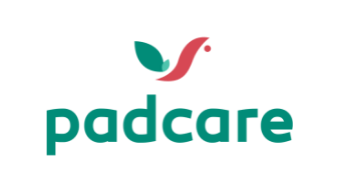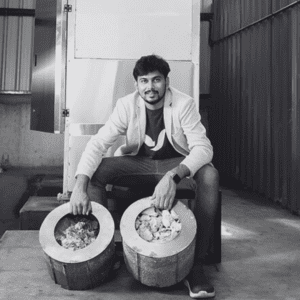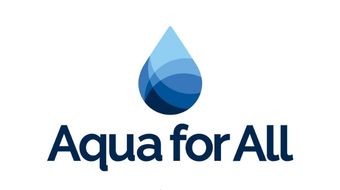About USAID: Globally, the United States Agency for International Development (USAID) plays a key role in addressing issues related to Water, Sanitation and Hygiene (WASH). USAID partners with governments, the private sector, civil society, and other stakeholders to improve access to safe, clean water and sanitation services. USAID’s investments in improving WASH saves lives by engaging with partner countries to plan, finance, and deliver safe water and sanitation services for women, children, and families, while sustainably managing water resources. Over the last ten years, USAID has contributed to 21 million people globally gaining access to basic drinking water.
In India, USAID partners with the Government of India’s (GOI) Ministry of Housing and Urban Affairs in achieving their targets related to Atal Mission For Rejuvenation And Urban Transformation 2.0 and the Swachh Bharat Mission 2.0. USAID’s engagement with the GOI focuses on moving beyond the achievement of open defecation-free status to ensuring the appropriate treatment of waste and wastewater, safe sanitation solutions, and delivering safe drinking water, particularly to marginalized urban populations. In addition, USAID leverages market-based approaches to find new technological solutions and to meet the gap in WASH funding.
Innovative Investments Impacting SDG 6.2
Early this year, USAID and the Toilet Board Coalition met with several disruptive entrepreneurs, who are graduates of the Toilet Board Coalition Accelerator, in Pune and Mumbai, to learn about their “on-the-ground” impact and discuss the potential for future partnerships. The guests, including USAID’s Environmental Officer, WASH Project Management Specialist and Development Finance Specialist in India, toured the offices of the entrepreneurs developing tech solutions ranging across the Sanitation Economy value chain by: Cresa GreenTech, Fluid Robotics, INORA, PadCare, TBF Environmental Solutions and Ti Bus.
The Toilet Board Coalition accelerates business solutions to the sanitation crisis and these entrepreneurs are leading the way in innovation. Below are four stories but our portfolio holds 54 more and counting. Whether you’re an entrepreneur yourself, an ecosystem partner, or a corporate ready to make a difference – visit toiletboard.org to learn more.
Cresa GreenTech
2023 Accelerator Cohort
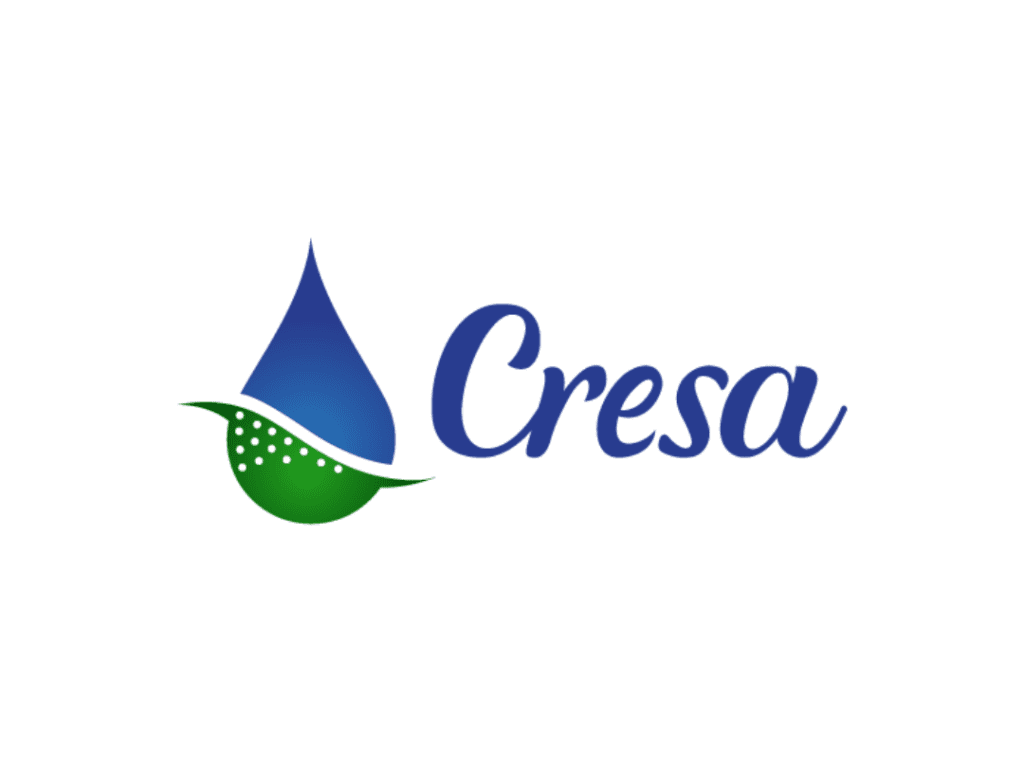

Sarika Kulkarni, Entrepreneur at Cresa GreenTech
About Cresa GreenTech: “Cresa’s mission is to bring a sustainable future to the current menstrual hygiene scenario by offering eco-friendly and hot water flushable sanitary napkins, educating and encouraging women to use sustainably and dispose sustainably. Our Eco-friendly, 0 plastic & 100% compostable menstrual hygiene products empower women to take control of their menstrual health and make informed choices about their bodies and the planet. The Toilet Board Coalition is helping us shape our business by identifying the right business channel and supporting our journey towards a market-ready product. We are very fortunate to be part of the Coalition’s Accelerator.”
Business goals: “We are currently at an initial market trial and our product is available at a local supermarket in Pune, and on our own website. However, we aim to launch on various e-commerce platforms and the offline market, as well as develop further products such as our hot water dissolving bin currently in a prototype stage. We have ambitious plans to serve 1 lakh women by the end of this year and 5 lakh women by the end of 2024.” – Sarika Kulkarni
INORA Biotech
2023 Accelerator Cohort
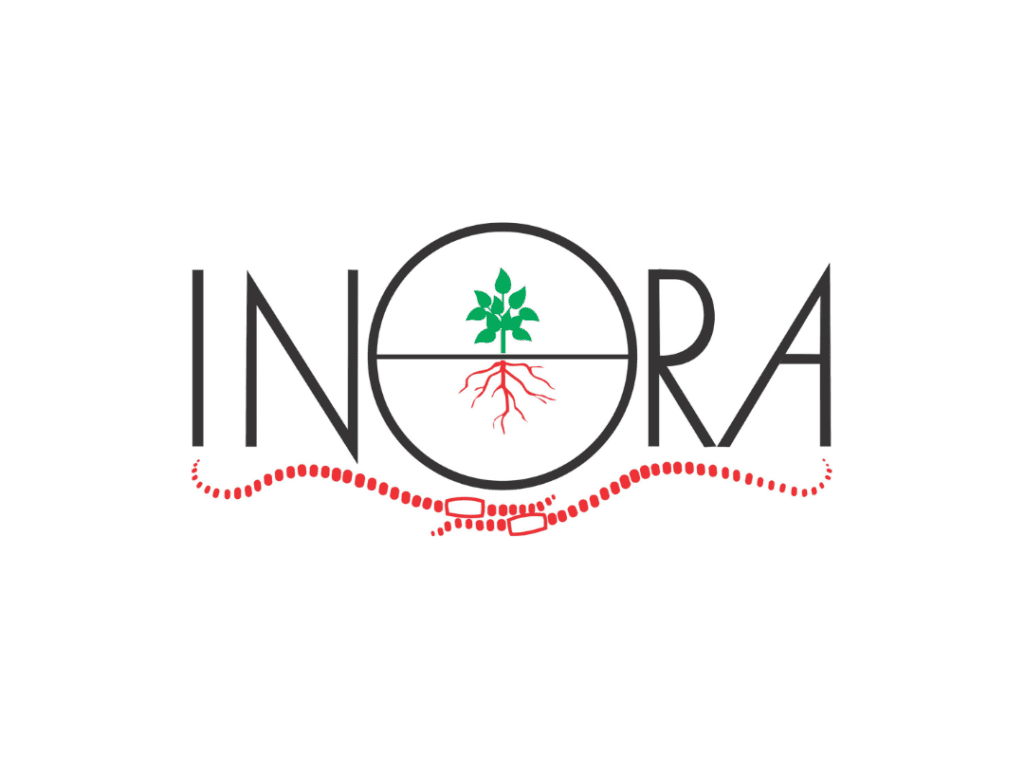
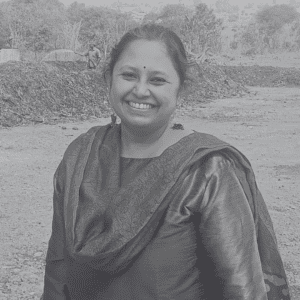
About INORA Biotech: “INORA Biotech is an end-to-end composting solutions provider. We treat all kinds of organic wastes for industries, households and governments, generating organic compost and selling it to farmers, gardeners and nurseries. We work with 650 housing societies, 2 municipal corporations and 10+ well-known industries, operating at a revenue of INR. 2.60 Crore (USD 325,000) per annum. Our composting technologies process approximately 100 tons of waste per day. The Toilet Board Coalition has provided a great platform for us to connect with people who are making an impact in sanitation.”
Business goals: “We aim to reach a revenue of INR. 10 Crore (USD 1.25 Mn) by 2025 and expand our customers in other parts of the nation – becoming a known brand in the field of sustainability.” – Abha Tadvalkar
About PadCare Labs: “PadCare is solving the problem of safe sanitary pad disposal and recycling, generating recycled products from pads, through a circular model. We’ve been fortunate to be trusted by 310 corporate clients in just 2 years of commercializing our technology. Our special sanitary waste bins and recycling services serve 1 million menstruators in the country. PadCare has observed massive growth in the last 3 years since joining the Toilet Board Coalition Accelerator in 2020.”
Business goals: “With our seed investment, we are excited to expand our sustainable menstrual hygiene management services to residential buildings and communities. We currently have 2 sanitary waste material recovery centres, and we are aiming to commission 6 more by the end of 2023. We’re also looking at creating a new market for reclaimed pulp and plastic.” – Ajinkya Dhariya
TBF Environmental Solutions
2018 Accelerator Cohort


About TBF Environmental Solutions: “TBF Environmental Solutions uses tiger-worm technology to install faecal sludge treatment plants (FSTP), sewage treatment plants (STP) and toilets across India. Our technology is cost-effective, low-energy, low operation, and maintenance and environmentally friendly. Present across the country, including 26 STP where we have treated approximately 740 million litres of sewage so far, 10 FSTPs which have treated over 3 million litres of faecal sludge so far and have installed around 4,000 toilets. Our turnover in 2022 was 6.5 Crore. Joining the Accelerator in 2018 helped us organize our ideas and frame them into a business concept, as well as offer us a network of other professionals, donors, and investors. The Coalition encouraged us to pitch for some prestigious awards which we got.”
Business goals: “We are currently in the process of reframing our next 3-year targets and are excited to share them once details are finalized.” – Ajeet Oak
Since 2016, USAID’s generous support to the Toilet Board Coalition has empowered the Coalition to grow and scale 58 small and medium-sized enterprises (SMEs) through its Accelerator, currently impacting 2.4 million people around the world daily. This continuous support unlocks the opportunity for the private sector to accelerate business solutions towards the sanitation crisis – impacting SDG 6.2. The Toilet Board Coalition Accelerator is now set to scale itself, with a roadmap to graduate 1,000 SMEs by 2030. Ambitious goals need bold partnerships, galvanizing private sector engagement helps solve the global sanitation challenges.
“The Toilet Board Coalition are proud partners of USAID for the last eight years. Their leading support of the Accelerator, their Missions engagement across our activities – be it research, projects or publications has been pivotal to the growth of the Toilet Board Coalition’s impact.” – Alex Knezovich, Managing Director Engagement at Toilet Board Coalition
“USAID/India’s partnership with the Toilet Board Coalition supports USAID’s goal to ensure that all communities, especially the most marginalized, have access to proper sanitation services. Through this partnership, the Coalition supports entrepreneurs who create innovative solutions to some of India’s most complex sanitation challenges. These entrepreneurs transform old school buses into accessible toilets and showers for women; find avenues to upcycle sanitary pads into paper and other useful products; and turn faecal sludge into compost to support agriculture. All of these solutions play a pivotal role in improving the global sanitation space,” said Chigozie Okwu, Environmental Officer for USAID/India. “Additionally, the Coalition facilitates collaboration between private sector organizations and local governments to test and scale innovative solutions throughout the country. The Coalition recognizes that because of the size of the problem, tackling the world’s most challenging sanitation challenges will require both public and private sector partners working together.”
Increasing investments into sanitation SMEs is one of the three pillars of our 2030 strategy. In 2015, our founding Members saw an opportunity for impact, as public finance alone cannot solve the sanitation crisis, but together with business, a Sanitation Economy can be built, turning an unaffordable cost into a thriving economy. Our Accelerator has proven successful and has graduated 58 SMEs impacting 2.4 million people daily and unlocking US$22 million in finance. To scale sanitation SMEs and increase global sanitation solutions, investments in these businesses are not only a necessity but also an opportunity.
Investments in sanitation businesses are critical at every stage. At the prototype and early revenue stages, grants and seed equity are key. The Toilet Board Coalition’s support typically comes in after these early stages, when the business is further scaling up. At this time, businesses require instruments like catalytic grants, equity, debt and outcome funding. Such investments are crucial for team building, asset development, marketing, branding and corporate development. They enable SMEs’ journeys into mid-size and large businesses.
The Toilet Board Coalition supports entrepreneurs with “investability” – developing an investment ask, introductions to investors and handholding through funding conversations. In this manner, we have unlocked access to US$22 million of finance for sanitation entrepreneurs.
We find the biggest gap for sanitation entrepreneurs is specifically in scale-up funding. Therefore, in addition to investability support, we also act as a catalyst to enable the creation of new sanitation-focused investment vehicles that can help bridge this gap. Our first initiative has been to pioneer an asset management vehicle that provides much-needed long-term capital for entrepreneurs to invest in their infrastructure assets like toilets and treatment plants. We are also developing further concepts for funds such as a small-size equity fund and an outcome-funding vehicle. Please reach out to info@toiletboard.org if you’re interested in more information.
The Toilet Board Coalition and its work is made possible by the generous support of its Membership. The Toilet Board Coalition is steered by leading Members: Unilever, Kimberly-Clark, LIXIL, USAID and Aqua for All. The contents are the responsibility of the Toilet Board Coalition and do not necessarily reflect the views of the Members.

